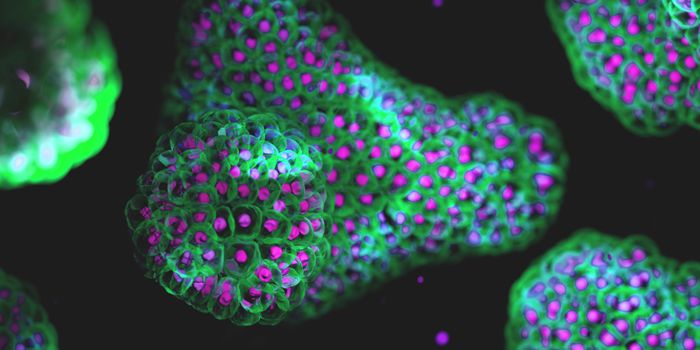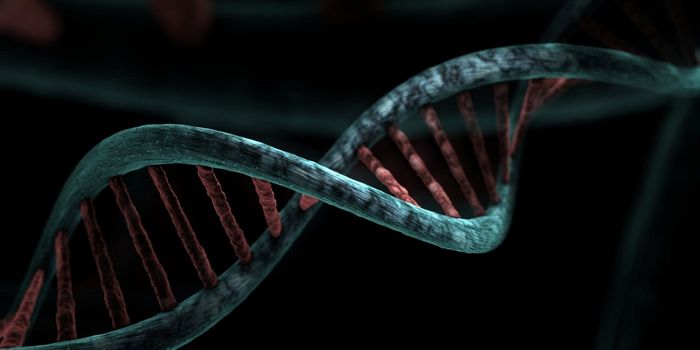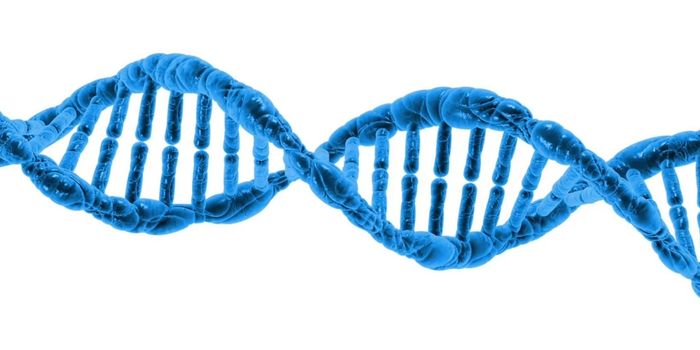
Scalloped and Yorkie genes found to be role players
Scientists from the University of California, Los Angeles (UCLA) have demonstrated that two genes not previously thought to be involved with the immune system play a crucial role in how progenitor stem cells are activated to fight infection.
Progenitor cells are early progeny of stem cells that can change to form different kinds of cells, but they cannot divide and reproduce endlessly.
"The beauty of this study is that we now have a system in which we can investigate how a signaling cell uses these two genes, Yorkie and Scalloped, which have never before been shown in blood, to direct specific cells to be made," says Julian Martinez-Agosto, MD, PhD, Eli and Edythe Broad Center of Regenerative Medicine and Stem Cell Research member, who spearheaded the study. "It can help us to eventually answer the question of how our body knows how to make specific cell types that can fight infection."
Martinez-Agosto is a medical geneticist, associate professor of human genetics, and developmental biologist who has served on the UCLA School of Medicine faculty since 2005, when he joined the Division of Medical Genetics in the Department of Pediatrics. His laboratory research focuses on novel regulatory pathways in progenitor and stem cell maintenance.
The two-year study (found at: bit.ly/1pWaPTY) is published in the journal Current Biology.
The finding may help us better understand the function of progenitor cells in immune system response, and could help pave the way for more effective therapies for a wide range of diseases, the researchers say.
Progenitor cells serve as links between stem cells and fully differentiated cells of the blood system, tissues, and organs. Differentiation (the growth process) is partly determined by the niche (where the progenitor cell originated). Progenitors are often spurred to differentiate as a result of immune challenges such as infection, disease, or even stress.
Gabriel Ferguson, a postdoc fellow in Martinez-Agosto's lab and first author of the study, has furthered the lab's earlier research, which used the Drosophila's (fruit fly species) blood system to demonstrate that an express set of signals need to be received by progenitor cells to activate their differentiation into cells that toil to battle infection post-injury. Ferguson concentrated his efforts on two genes-Yorkie and Scalloped-found before in stem cells but not in the blood system. He recognized that they are needed in a newly characterized cell type called a lineage specifying cell, which functions like a switch, transmitting the required signal to progenitor cells.
The researchers found that when progenitor cells failed to receive the needed signal, the fly would not manufacture the mature cells required to combat infection-signifying the blood system's ability to fight outside infection and other pathogens is linked to the signals emitted by this new cell type. "At a biochemical level, there is a lot of commonality between the molecular machinery in Drosophila and that in mice and humans," Ferguson says. "This study can further our shared understanding of how the microenvironment can regulate the differentiation and fate of a progenitor or stem cell."
"Looking at the functionality of these genes and their effect on the immune response has great potential for accelerating the development of new targeted therapies," Martinez-Agosto says.
 Scalloped and Yorkie genes found to be role players
Scalloped and Yorkie genes found to be role players







